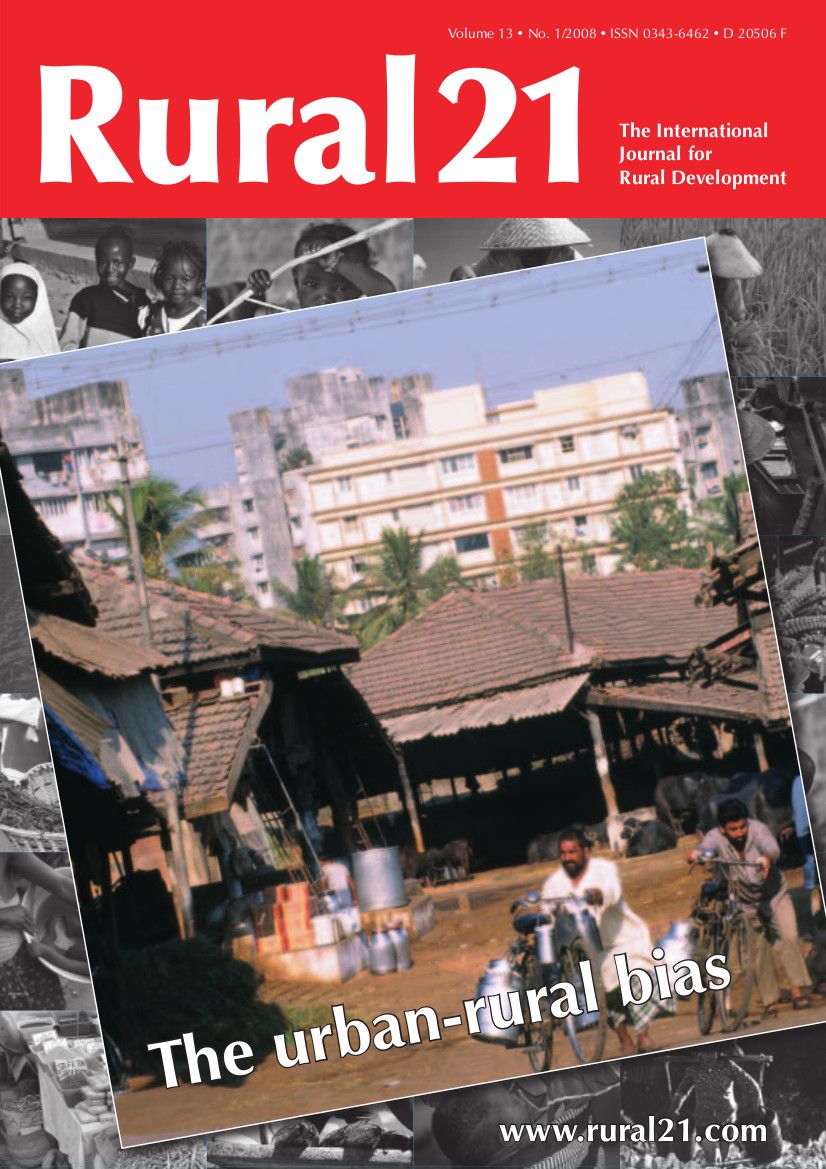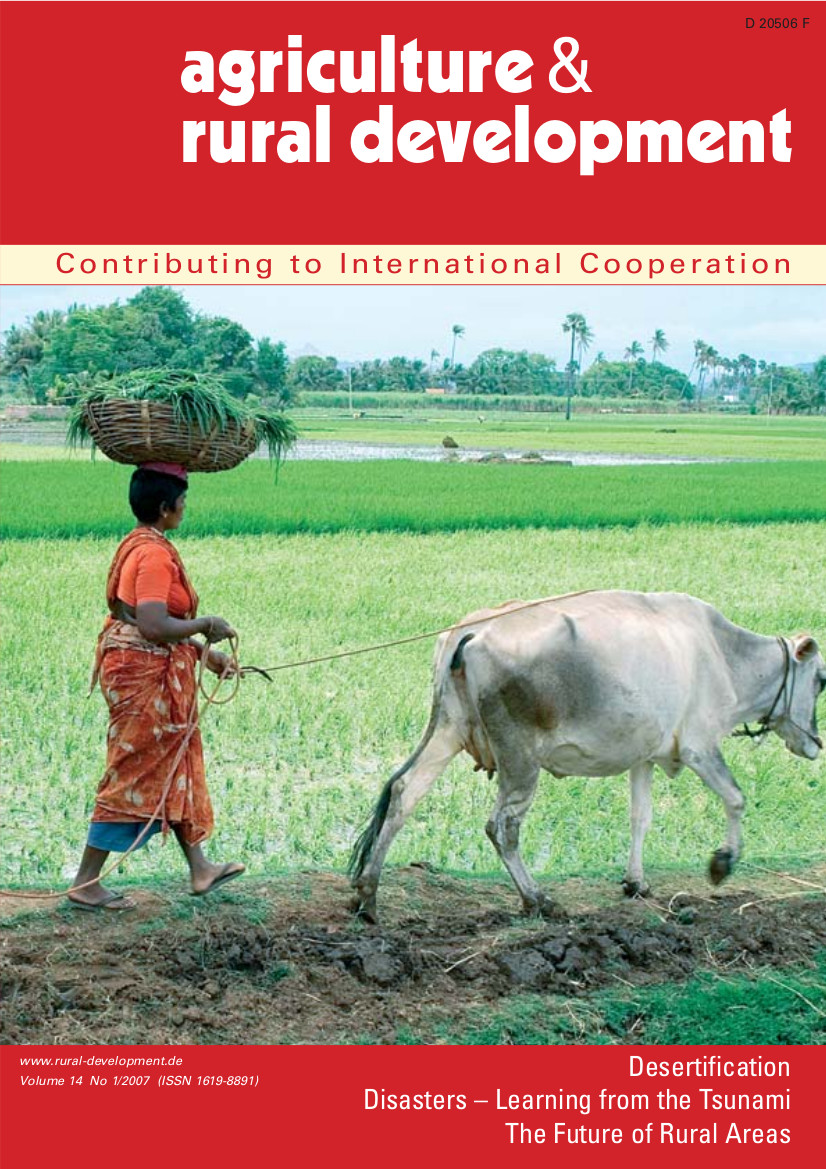Strength in unity- Poverty reduction strategies and the right to food.
A lot is expected of poverty reduction strategies, and high hopes have been placed in the Voluntary Guidelines on the right to food. One question frequently raised is whether it is possible to integrate the right to food into the established instrument of poverty reduction strategies.The present article discusses to what extent the two approaches can mesh to make a significant contribution to hunger reduction.




